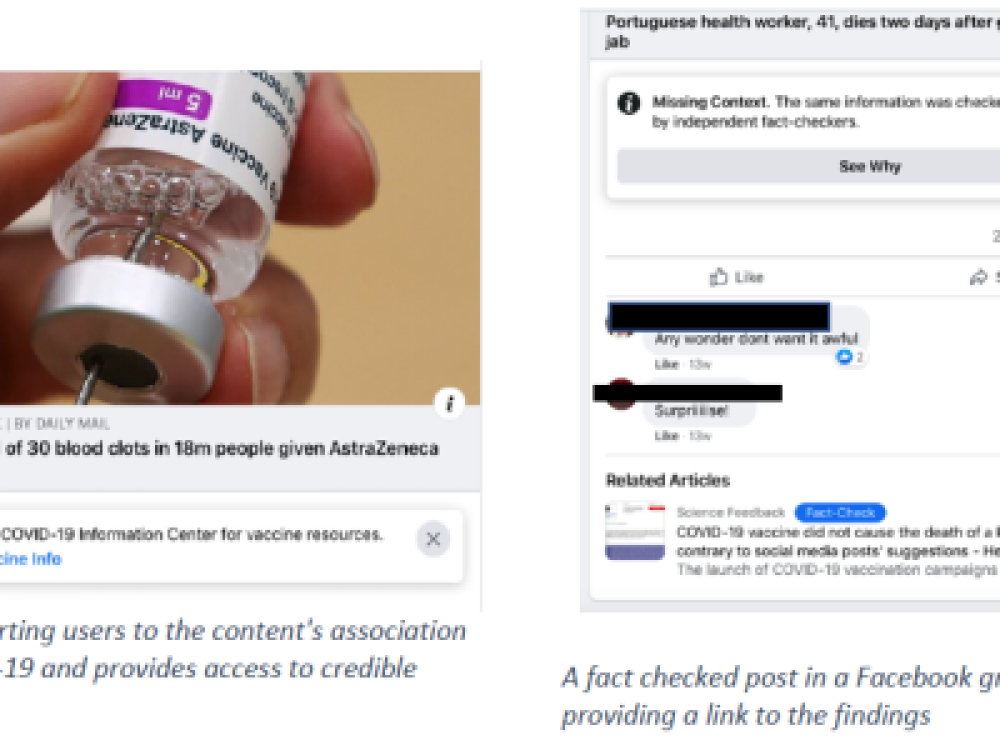Tim Berners-Lee, inventor of the World Wide Web, has launched a new project to re-decentralize the web. With a handful of companies currently dominating the Web and the data generated by users, Breners-Lee is pioneering a way for people to control their own data. On Digital Trends, David Weinberger outlines the project and the problems of web centralisation:
When the World Wide Web first took off in the mid 1990s, the dream wasn’t just big, it was distributed: Everyone would have their own home page, everyone would post their thoughts – they weren’t called “blogs” until 1999 – and everyone would own their own data, for there was no one around offering to own it for us. The web consisted of nodes joined by links, with no center. Oh, how times have changed.
Now a handful of companies own vast swaths of web activity – Facebook for social networking, Google for searching, eBay for auctions – and quite literally own the data their users have provided and generated. This gives these companies unprecedented power over us, and gives them such a competitive advantage that it’s pretty silly to think you’re going to start up a business that’s going to beat them at their own game.
The fact that Facebook already has the data in 1.7 billion users’ profiles and, more important, the history of its users’ interactions means that you’re probably not going to attract a lot of savvy investors. Plus that’s where all your friend are already. Vendor lock-in is real.
Read the full article
Subscribe to FuJo's newsletter



